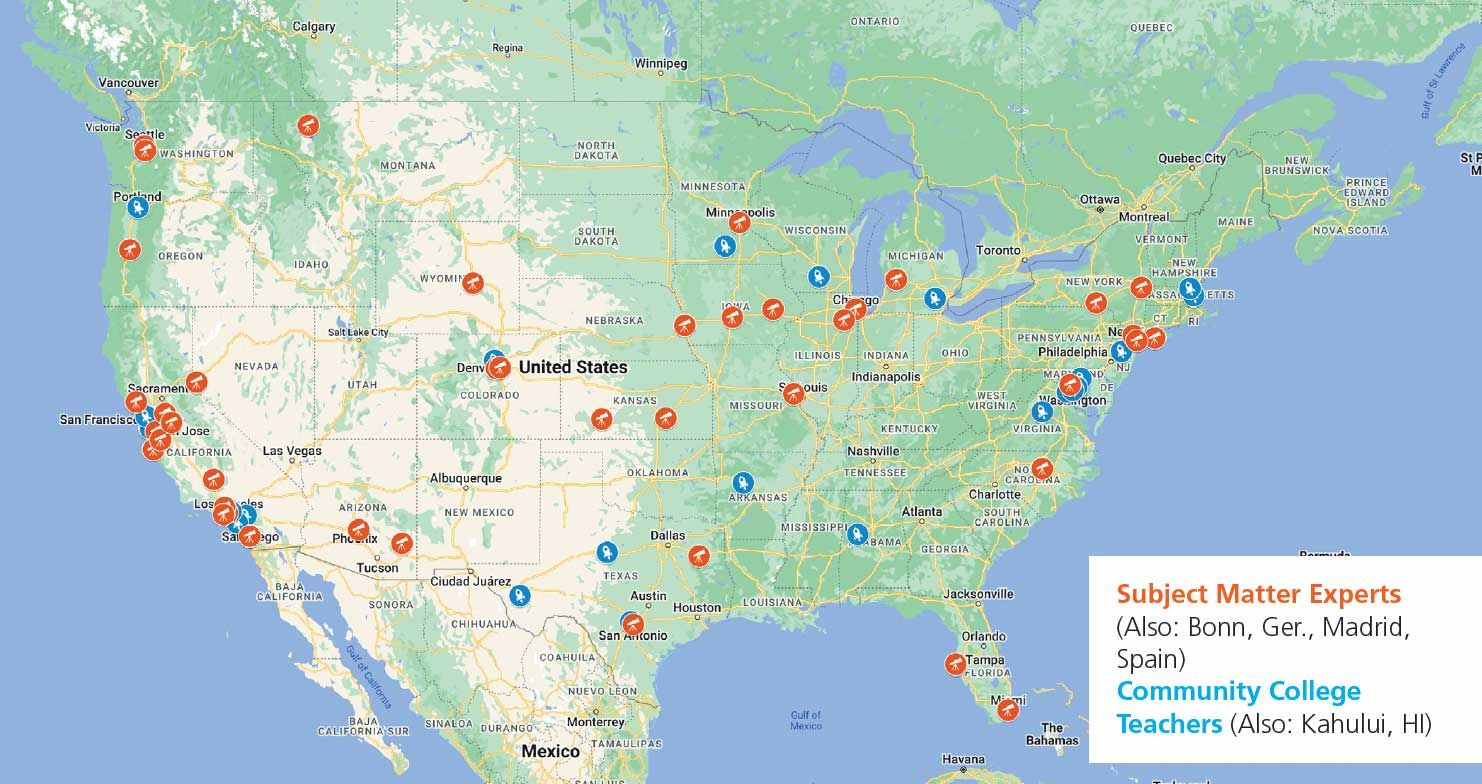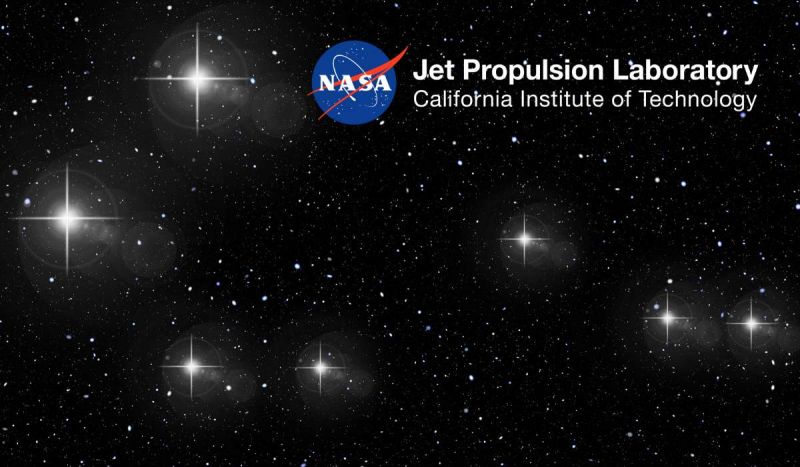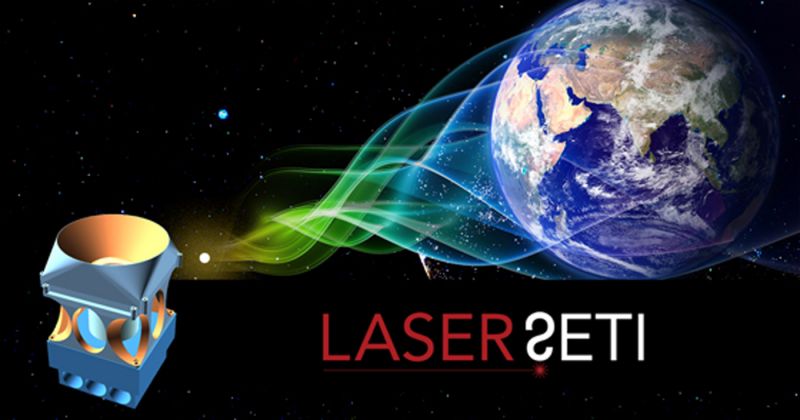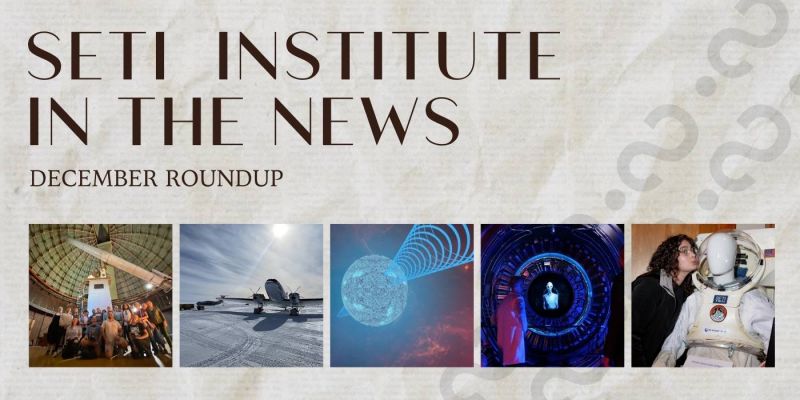
Dr. Simon Steel Principal Investigator
The NASA Community College Network (NCCN) is a major initiative, developed and hosted by the SETI Institute, to bring NASA Subject Matter Experts, research findings, and science resources into the nation’s community college system. Students at community colleges represent an underserved population characterized by significant minority enrollment, first generation college attendance, and part-time and vocational learners. It includes many teachers-in-training. With over a third of the 300,000 students enrolling in introductory astronomy every year doing so at a community college, NCCN represents a huge potential impact on science education and science literacy.
NCCN works in three ways:
- It is compiling a set of high-quality, curated, audience-appropriate educational resources produced either by NASA scientists and educators or using NASA data or results.
- It is providing professional development and training to community college instructors so they can improve their knowledge of NASA science or research topics, as well providing this instruction to NASA subject matter experts (SMEs) themselves so they can better engage community college audiences.
- The project brokers direct partnerships between scientists and instructors, in classroom presentations or simply in conversation about astronomy and NASA. The results have been incredibly positive.
Anonymous feedback from the program evaluation has shown that NCCN is addressing the needs of community college instructors:
“That match for expertise was the stuff I asked about when the NCCN people hit me up, I said, ‘These are the topics I could speak on: Mars, Jovian moons, and things like that.’ They said, ‘Okay. We’ll find somebody.’ And they did.”
Another commented on their experience linking up with a subject matter expert:
“We exchanged emails and he asked me would I be willing to give a talk to his astrobiology class about Europa and Jupiter and satellites. And I was like, ‘Yeah, that’d be great. I mean that’s totally in my wheelhouse.’ So, he was like, ‘Well, how about next week?’ And I was like, ‘Sure.’”
The experience has proven just as rich for the subject matter experts:
“[The instructor] was telling me how big that community college system is. It was like 12,000 students or something. I was like, ‘Wow, that’s a real potential audience that it’s great to connect with and important to be able to reach.’”
and
“I find this experience very gratifying because I worked for NASA for 10 years and I always feel like it needs to have a bigger impact, not in publicity, as everybody knows what NASA is, but in actually reaching people at a more grassroots level. I’ve always thought ‘This is the kind of stuff NASA needs to be doing.’ I’m very happy to be involved in it and I’m very impressed with how it’s going. I’ve been very satisfied and glad that I volunteered.”
In 2021, NCCN’s first year of operation, the program involved 24 community colleges representing 15 States, and included 8 Hispanic-Serving Institutions, with 27 subject matter experts representing 3 NASA centers, the Space Telescope Science Institute, the National Radio Astronomy Observatory (NRAO), the Harvard-Smithsonian Center for Astrophysics, as well as Melissa McGrath and Uma Gorti from the SETI Institute.
Subject expertise is wide-ranging, including exoplanets, computational astrophysics, cosmology, lunar and planetary science, black holes, star formation, galaxy evolution, the interstellar medium, minor bodies and near-Earth objects, data visualization and astrobiology. Recruitment for 2022 has reached 49 colleges in 20 states (see map).





